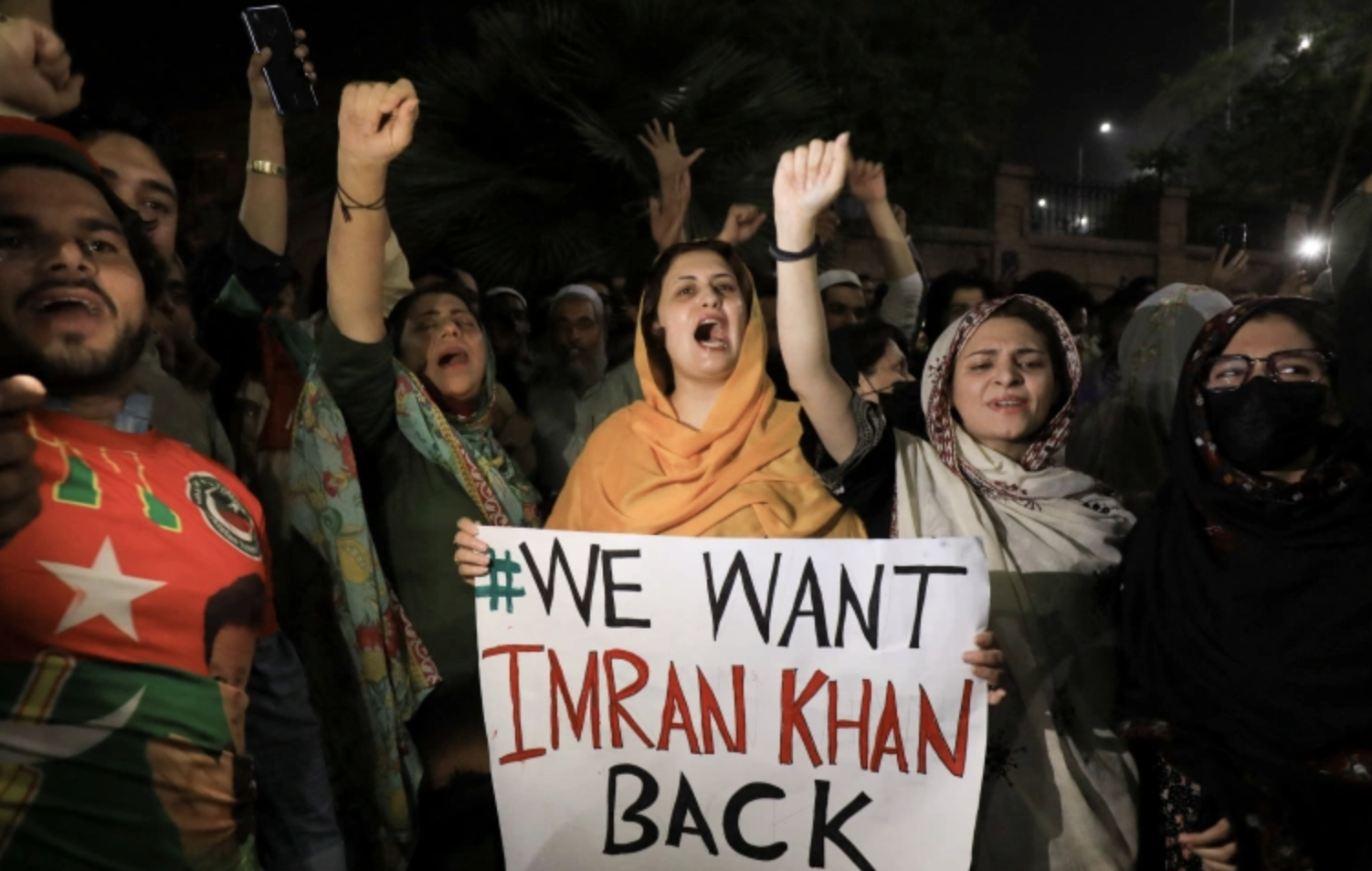|
The Lead: Problems in Pakistan
 credit: reuters credit: reuters
Pakistan is facing an uncertain future. The economy is struggling, complete with a plummeting Pakistani rupee. Recent leadership changes are efforts to fix that. Right?
After a no-confidence vote ousted Prime Minister Imran Khan from office, tens of thousands of his supporters marched in protest. Young protestors dominated the crowds because they make up the majority of his support. But Khan lost support from the military, which controls the country’s foreign and defense policy. And (seemingly) everything else. That, along with the economy, seems to have led to his downfall.
Shehbaz Sharif
Parliament elected Shehbaz Sharif Monday to step in as Prime Minister until general elections in 2023. Sharif is the brother of three-time Pakistani Prime Minister Nawaz Sharif. Shehbaz, unlike his brother, has good relations with the military, which should not be a surprise at this point. He also wants better ties with the U.S., India, and China.
Opposition
Following Sharif’s election, over 100 lawmakers resigned in protest, which means there need to be more elections in the next two months. The election commission might not be ready for that, which could bring a whole other crisis down on the country.
Foreign Actors
Khan is convinced that “a man sitting in London,” the U.S., and others orchestrated his removal. They didn’t like his foreign policy choices, he says, which included a meeting with Putin on February 24, the day Russia invaded Ukraine.
“Attempts are being made through foreign money to change the government in Pakistan. Our people are being used. Mostly inadvertently, but some people are using money against us,” Khan said at a rally last month.
So, is Khan right? Or is the government upheaval a good thing? And who are we to decide? It is very hard to have an opinion on this from the outside, but we will keep watching and learning.
|









































